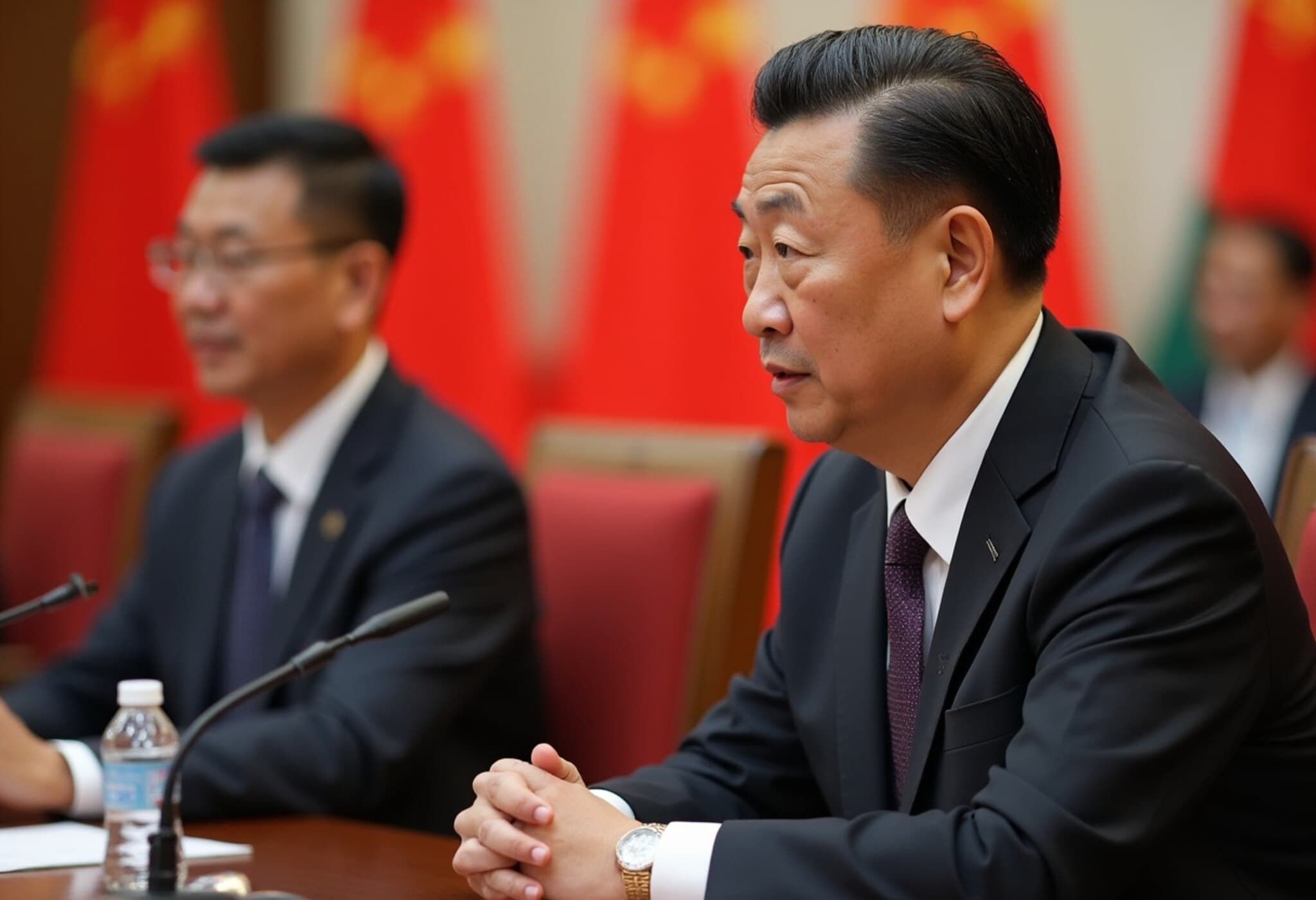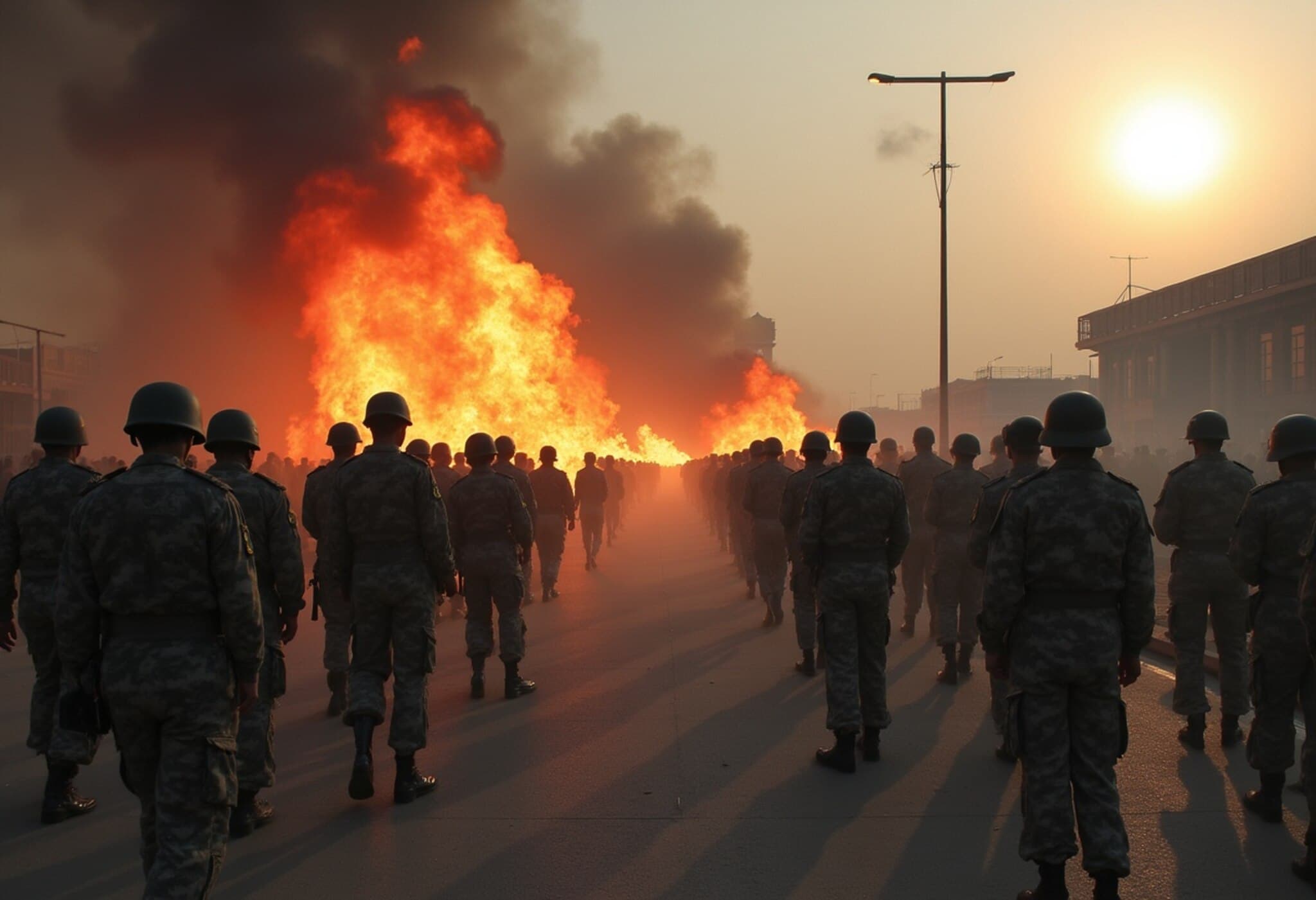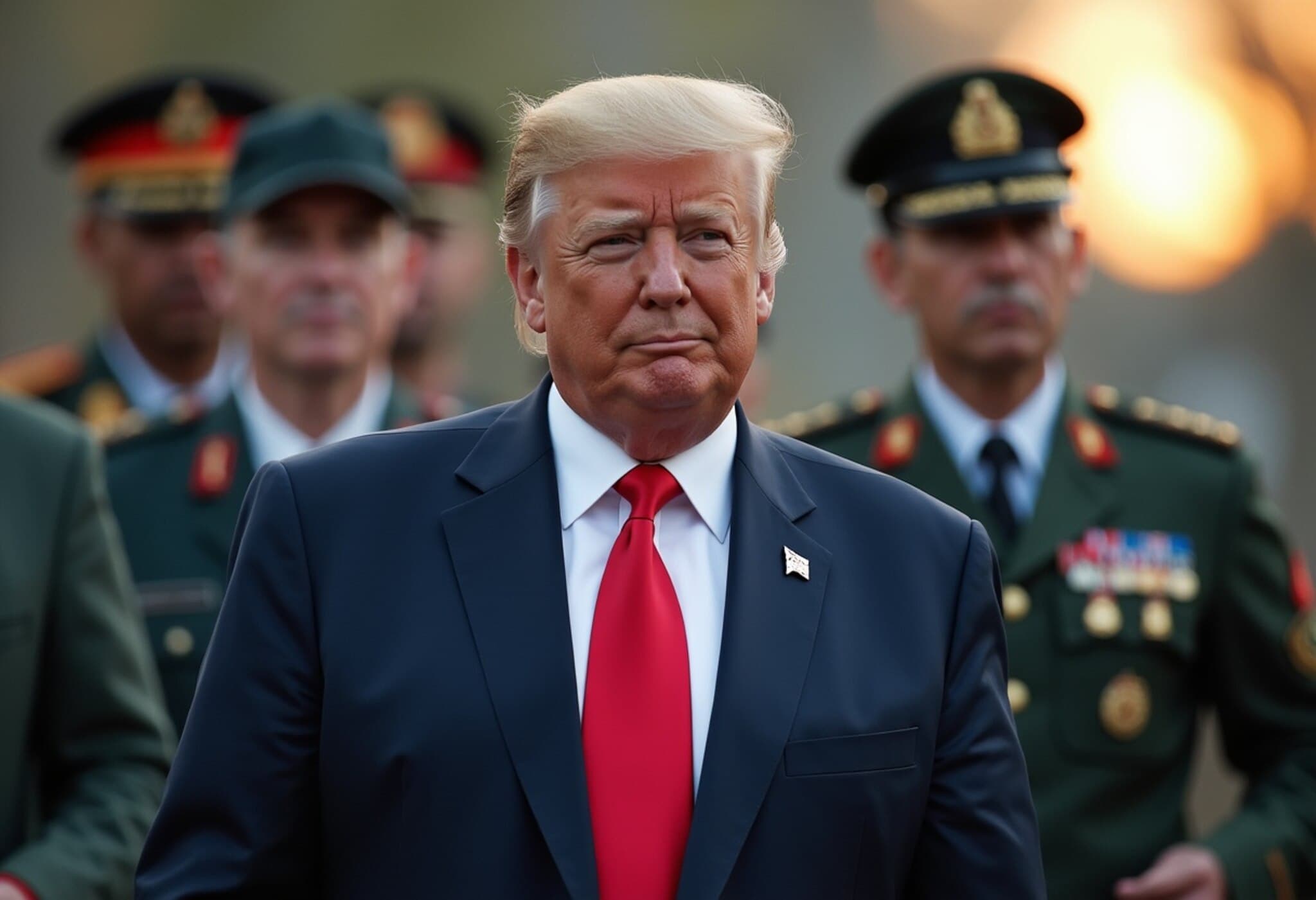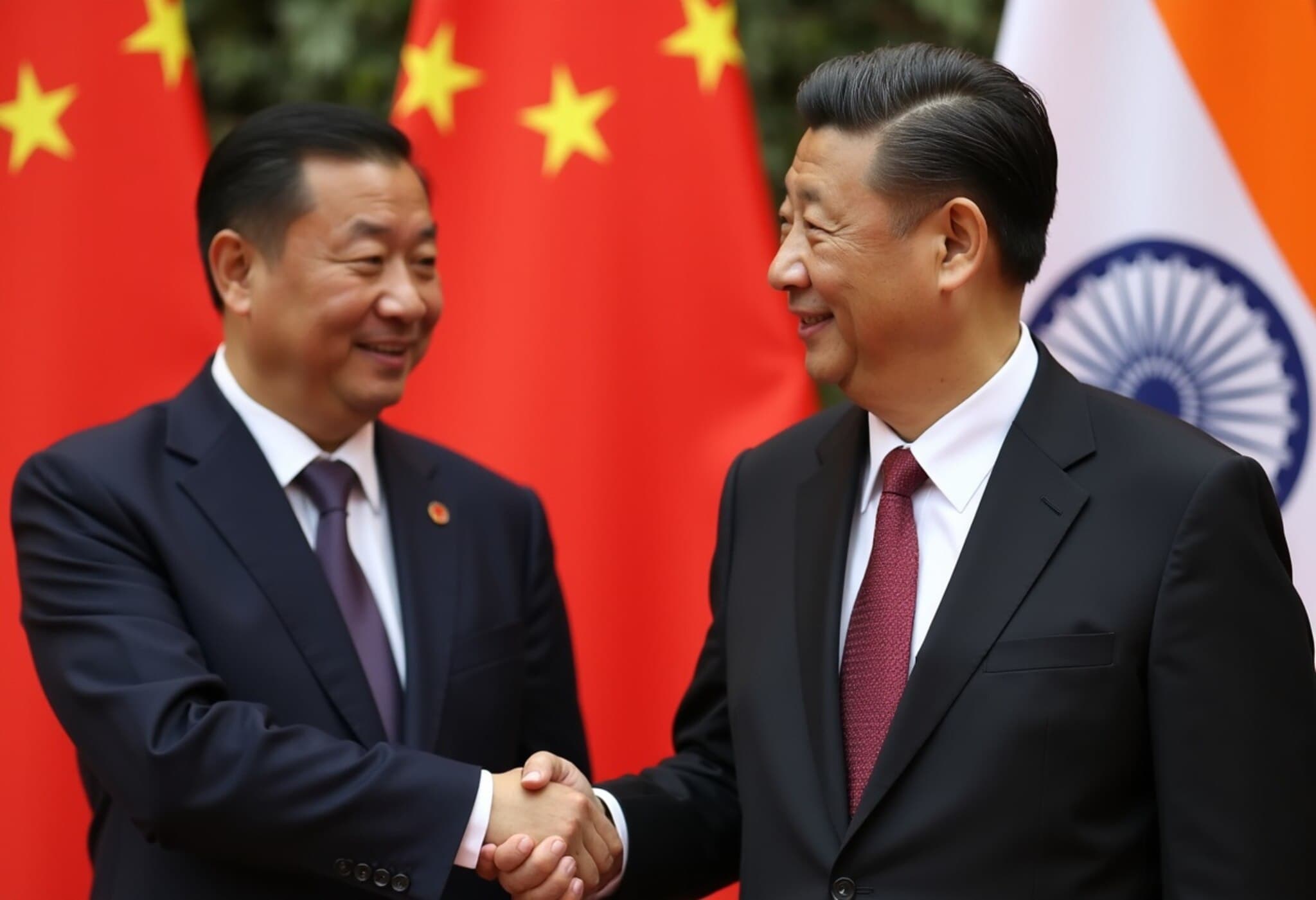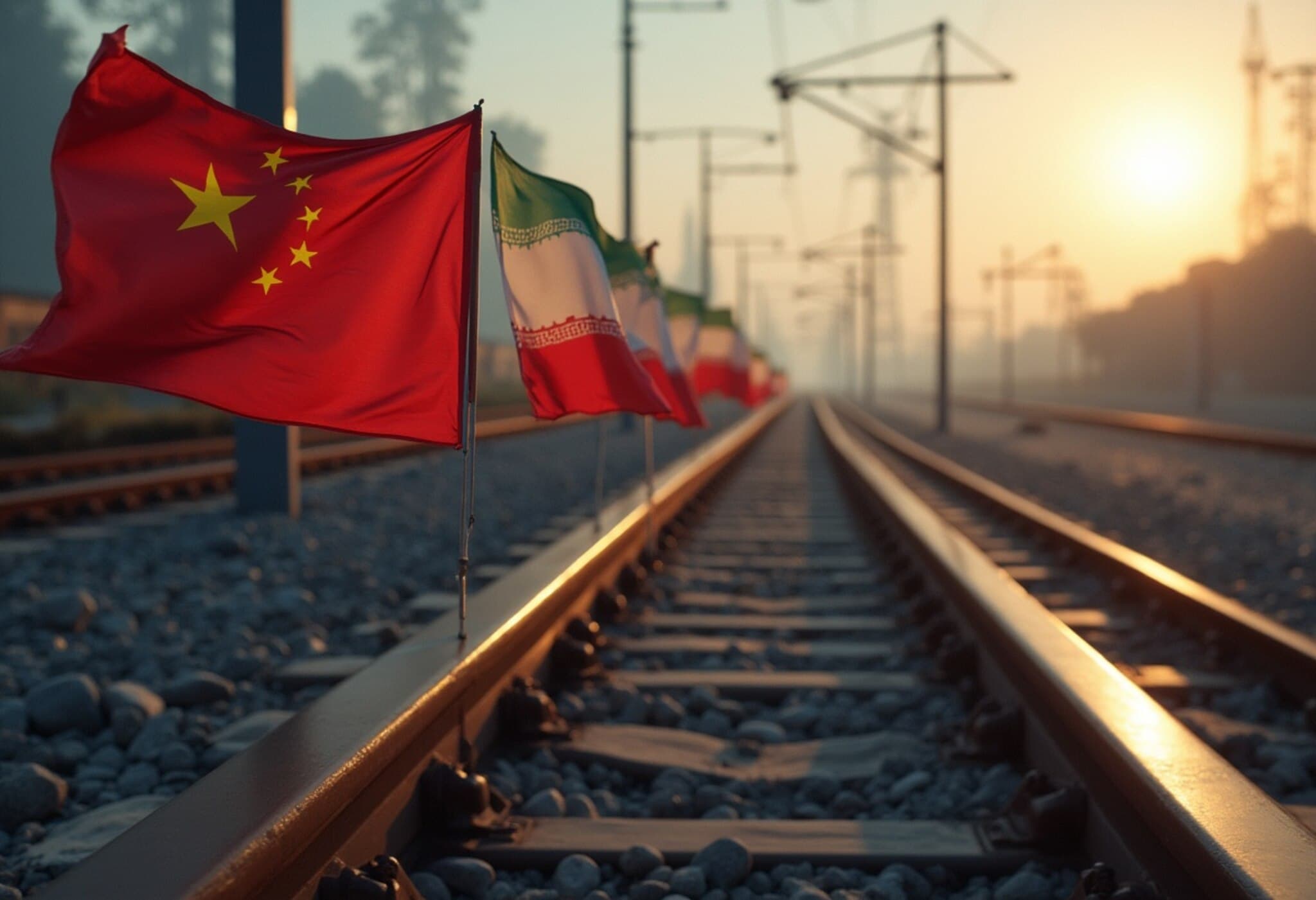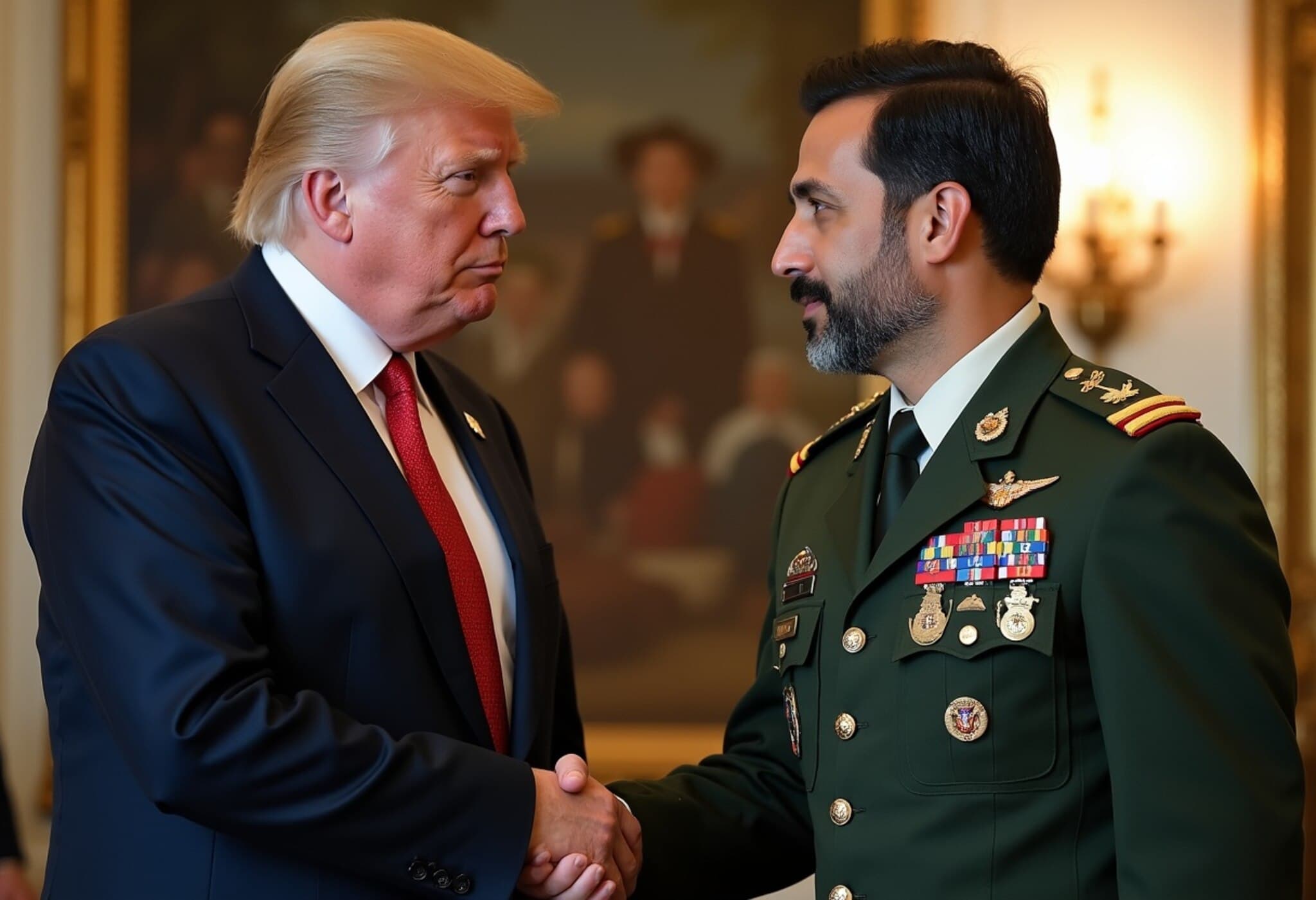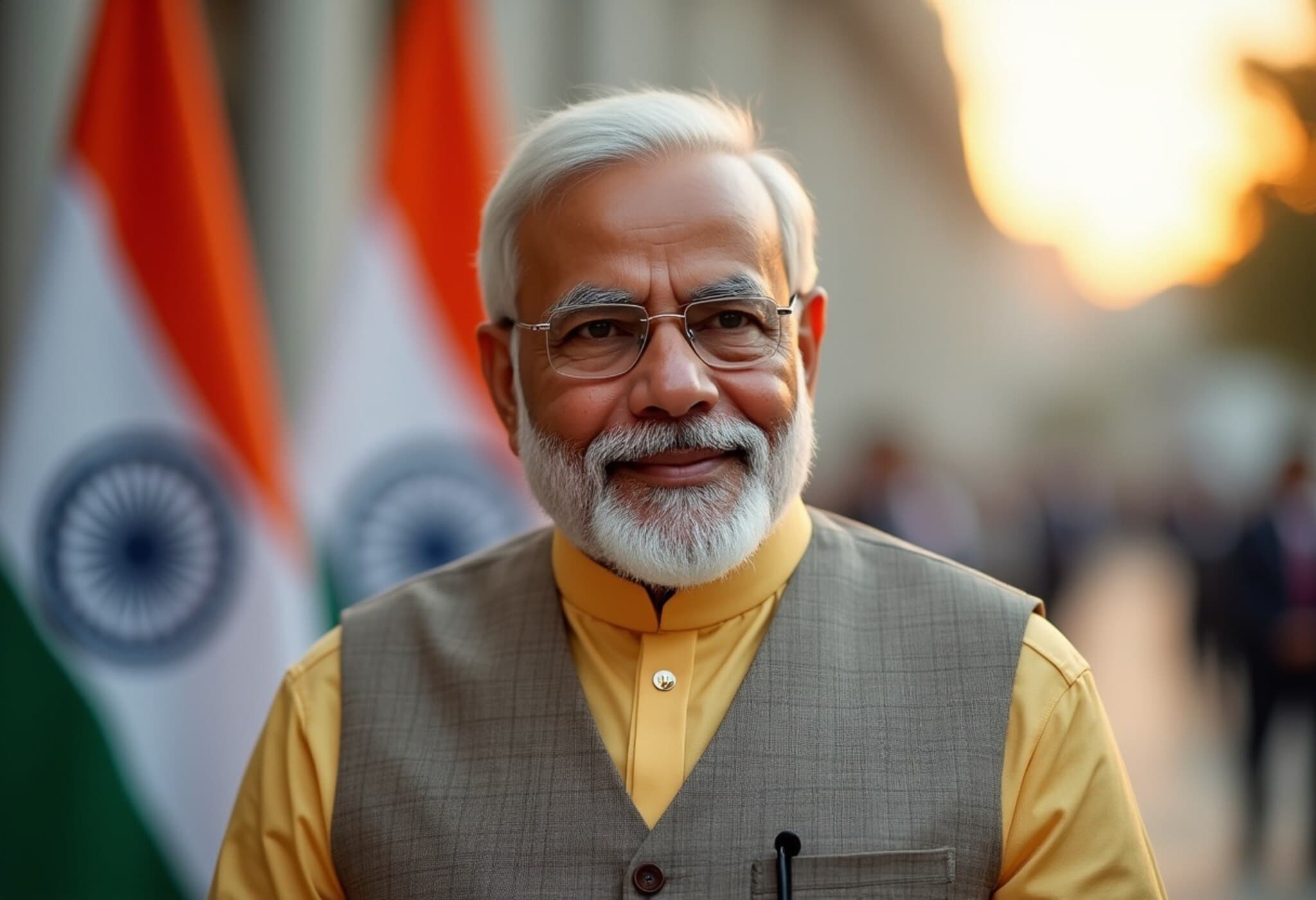China Calls on Pakistan to Enhance Security for Chinese Nationals and Strategic Projects
In a recent high-level meeting in Beijing, Chinese Foreign Minister Wang Yi urged Pakistan to bolster protection measures for Chinese nationals and vital infrastructure projects tied to the Belt and Road Initiative (BRI). The conversation unfolded against the backdrop of Pakistan's first official visit by its Army Chief, General Asim Munir, since escalating border tensions with India stirred regional uncertainties.
Strengthening Sino-Pakistani Bonds Amid Rising Security Concerns
China has invested tens of billions of dollars into Pakistan as part of the ambitious BRI, aiming to deepen economic connectivity across Asia and beyond. However, these investments have been shadowed by repeated security threats, including violent attacks on Chinese workers. Last October, a devastating car bomb in Karachi claimed the lives of two Chinese engineers, escalating fears in Beijing about the security of its citizens abroad.
Addressing these concerns, Wang Yi emphasized the "ironclad" friendship between China and Pakistan during his Thursday meeting with General Munir, underscoring Beijing’s resolve to continue prioritizing Pakistan in its strategic diplomacy. "China supports Pakistan in resolutely combating all forms of terrorism and hopes that the Pakistani military will continue to make every effort to ensure the safety of Chinese personnel, projects, and institutions," Wang stressed.
Implications for Regional Stability and Security Cooperation
This diplomatic engagement comes at a crucial juncture: Pakistan’s recent clashes with India have heightened regional tensions, complicating the security landscape for foreign investments. Pakistan's military leadership, represented by General Munir, reassured Chinese officials of its commitment to safeguarding Chinese interests, which was further highlighted during his subsequent meeting with Zhang Youxia, Vice Chairman of China’s Central Military Commission.
Experts suggest that China's push for Pakistan to authorize Chinese security personnel on Pakistani soil marks a strategic shift in protecting its overseas citizens, reflecting broader concerns about counterterrorism effectiveness. This move not only impacts bilateral security arrangements but also speaks to China's evolving role as a global actor safeguarding its expansive Belt and Road investments.
Behind the Headlines: What This Means for US and Global Policy
For policymakers in the United States and allies, the deepening China-Pakistan security cooperation is both a signal and a challenge. It highlights the growing interdependence between Beijing and Islamabad, which may influence the geopolitical balance in South Asia, particularly regarding India-US partnerships. Ensuring the security of foreign nationals and infrastructure has become a transnational concern, necessitating nuanced policy responses balancing counterterrorism, diplomacy, and regional stability.
Looking Ahead: Key Considerations
- Will Pakistan’s enhanced security commitments effectively deter further attacks on Chinese nationals?
- How might China’s presence of security personnel in Pakistan reshape sovereignty and diplomatic practices?
- What are the long-term implications for the Belt and Road Initiative amidst escalating regional tensions?
- How can the international community facilitate greater collaboration on transnational security threats impacting infrastructure projects?
Editor’s Note
China’s firm push for protection of its nationals and infrastructure in Pakistan underscores the intricate ties within the Belt and Road framework, where economic ambitions intersect with geopolitical realities. As Beijing and Islamabad deepen security cooperation, the world must watch closely how these developments influence regional stability and international diplomatic dynamics. This episode also raises profound questions about the sovereignty of host nations and the evolving nature of global infrastructure security in an era marked by terrorism and great power competition.

